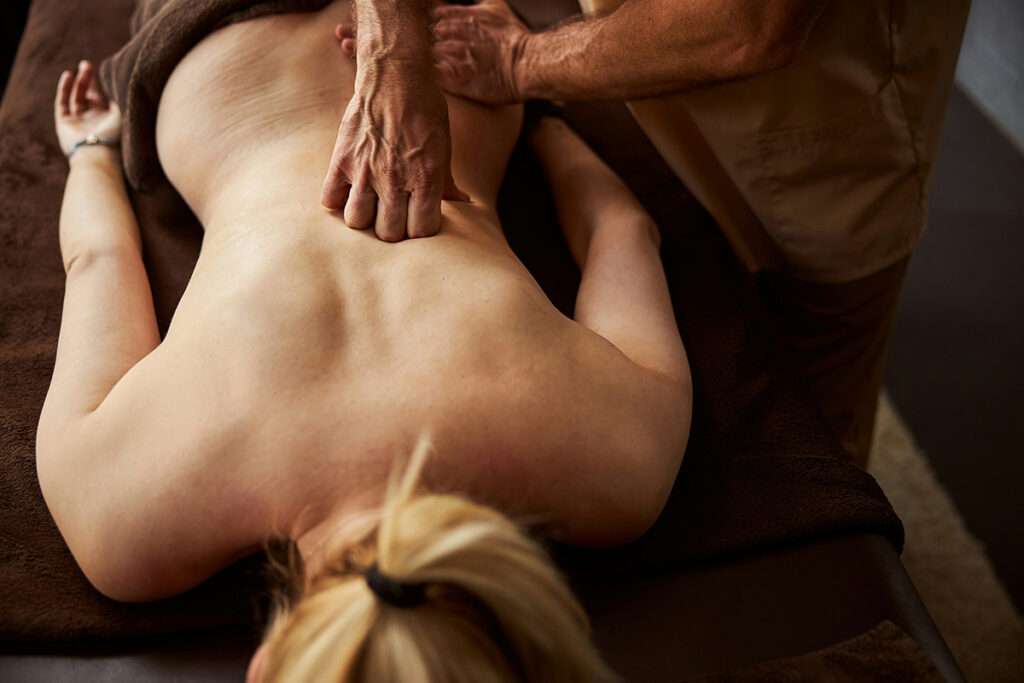Individual Counseling Insights From Westlake Village-Based Patricia McTague-Loft
Many people — okay, let’s go out on a limb and say most people — enjoy a good therapeutic massage. It’s also not much of a stretch to extend that observation a bit and say that a nice shoulder rub feels great after hours at a computer, and a playful massage from your romantic partner is a wonderful way to increase intimacy. These are just commonsense observations that ring true because they match up to experience.

The underlying common denominator, of course, is that touch between humans is natural and healthy. That’s why handshakes and hugs are expressions found in virtually every culture. Writing for the New York Times, Joanne Silberner explores the benefits of physical touch — such as lessening depression and anxiety and increasing a sense of well-being — drawing on the results of recently published research from Germany and Netherlands. The researchers, she says, “systematically reviewed years of research on touch, strokes, hugs and rubs. They also combined data from 137 studies, which included nearly 13,000 adults, children and infants. Each study compared individuals who had been physically touched in some way over the course of an experiment — or had touched an object like a fuzzy stuffed toy — to similar individuals who had not.”
The results from some of these studies are striking. People with dementia who received gentle 20-minute massages over the course of six weeks displayed less aggressiveness. Women coping with breast cancer benefitted from massages with positive changes in their mood. One study involving premature babies was especially valuable: “Positive effects were particularly noticeable in premature babies, who ‘massively improve’ with skin-to-skin contact.”
Often, the results simply confirmed what we already know through common sense and experience. But the value of the research stems from what we might not expect. “The analysis revealed some interesting and sometimes mysterious patterns,” Silberner writes. “Among adults, sick people showed greater mental health benefits from touch than healthy people did. Who was doing the touching — a familiar person or a health care worker — didn’t matter. But the source of the touch did matter to newborns.
“ ‘One very intriguing finding that needs further support is that newborn babies benefit more from their parents’ touch than from a stranger’s touch,’ said Ville Harjunen, a researcher at the University of Helsinki in Finland… “Babies’ preference for their parents could be related to smell, he speculated, or to the differences in the way parents hold them.”
Another observation that came out of the research is backed up by common sense. Instances of positive effects from touching are dependent on the touch being wanted. Unwanted touching, no surprise here, increases anxiety and stress — something that should always be top of mind as a simple matter of courtesy.